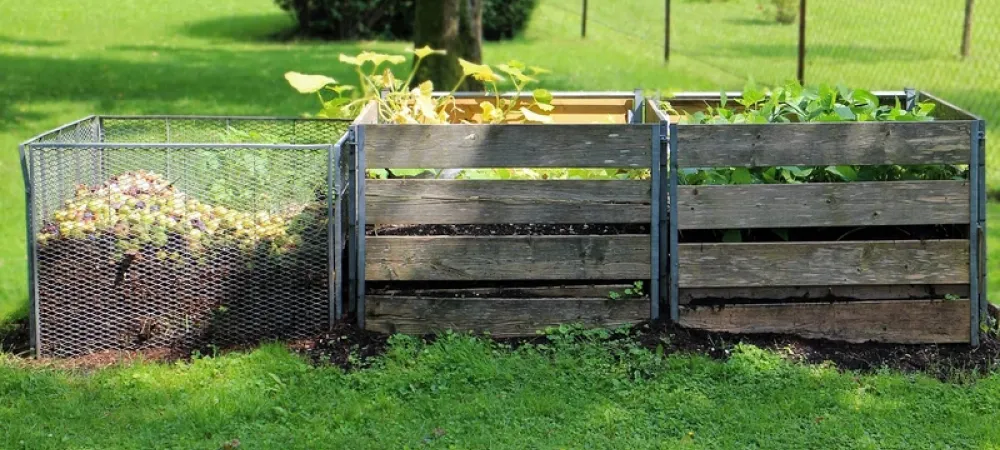Composting Facts – 10 Facts About Composting

Would you like to reduce the amount of trash you send to the landfill? Could you use an endless supply of nutrient-rich soil for your garden?
Composting is an excellent strategy to create stimulants and fertilizer for your garden or lawn and is a highly eco-friendly way to help resolve the existing landfill dilemma. In this short article, we will examine 10 facts about composting.
#1: Composting Converts Waste into Rich Garden Soil
Composting transforms yard and kitchen waste into nutrient-rich organic material. This process creates an excellent garden soil additive that enhances soil structure, fertility, and moisture retention. It's a great way to reduce waste and provide your plants with the nutrients they need.
#2: The Modern Use of Composting Began in 1920s Europe
While composting has ancient roots, its modern use was popularized by organic farmers in Europe during the 1920s. They recognized its value in sustainable farming and gardening, leading to its widespread adoption as an essential practice in growing healthy, organic crops.
#3: Composting is an Easy Way to Handle Yard Waste
Composting offers an easy and effective way to deal with common yard waste like grass clippings, fallen leaves, and plant trimmings. Instead of sending these materials to the landfill, you can recycle them into valuable organic compost for your garden.
#4: Composting is a Natural Biological Process
Composting is a natural process in which microorganisms like bacteria and fungi break down organic matter such as plant materials and food scraps. Over time, this process results in humus, a dark, nutrient-rich substance that improves soil quality.
#5: Speed Up the Composting Process by Turning the Pile
You can accelerate the composting process by regularly turning or rotating the compost pile. This helps to introduce more oxygen to the microorganisms, speeding up decomposition and turning your yard waste into compost more quickly.
#6: The Perfect Compost Mixture is 3 Parts Brown to 1 Part Green
A successful compost pile requires a balance of "brown" materials (like leaves, straw, or cardboard) and "green" materials (like grass clippings, fruit and vegetable scraps). Aim for a 3:1 ratio of brown to green materials, keeping the pile moist and turning it regularly to ensure proper decomposition.
#7: Composting Can Reduce Landfill Waste by 20%
By composting yard and kitchen waste, you can divert up to 20% of what would typically end up in landfills. This helps reduce the environmental impact of waste and promotes sustainable living by recycling organic materials into something useful.
#8: Composting Reduces Environmental Impact & Supports Wildlife
Composting is a simple yet effective way to reduce your carbon footprint and support environmental sustainability. It helps enrich the soil, boosts plant health, supports wildlife, and adds vital nutrients to gardens, making it a win for both the ecosystem and your yard.
#9: Vermicomposting is a Fast Way to Recycle Kitchen Scraps
Vermicomposting, or worm composting, is a quick and efficient way to recycle vegetable and fruit leftovers. Special worms break down the food scraps into high-quality compost, making it an excellent option for those looking to compost indoors or on a smaller scale.
#10: Composting Works Wonders for Your Garden
When done correctly, composting can greatly benefit your garden by providing essential nutrients, improving soil texture, and promoting healthy plant growth. Compost is a natural, cost-effective solution to fertilize your garden while helping the environment.
Getting started with composting is easy, fun, and a great way to do your part to save the environment. If you'd like to learn more about lawn care as a whole, contact our experts at Grasshopper Lawns!
